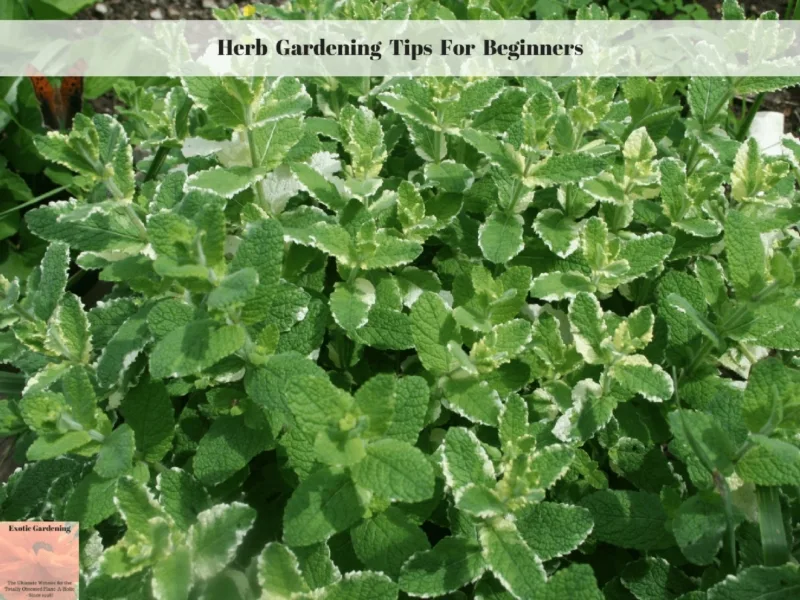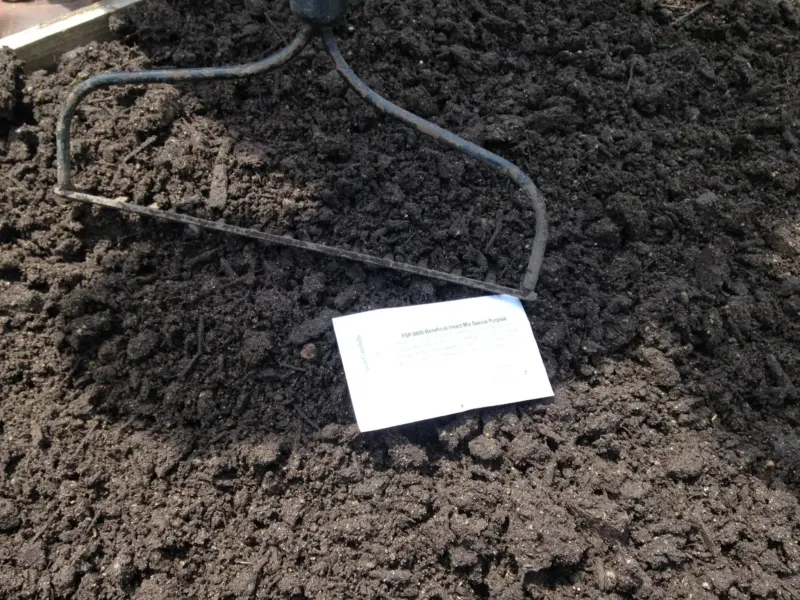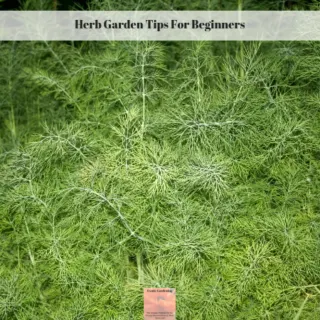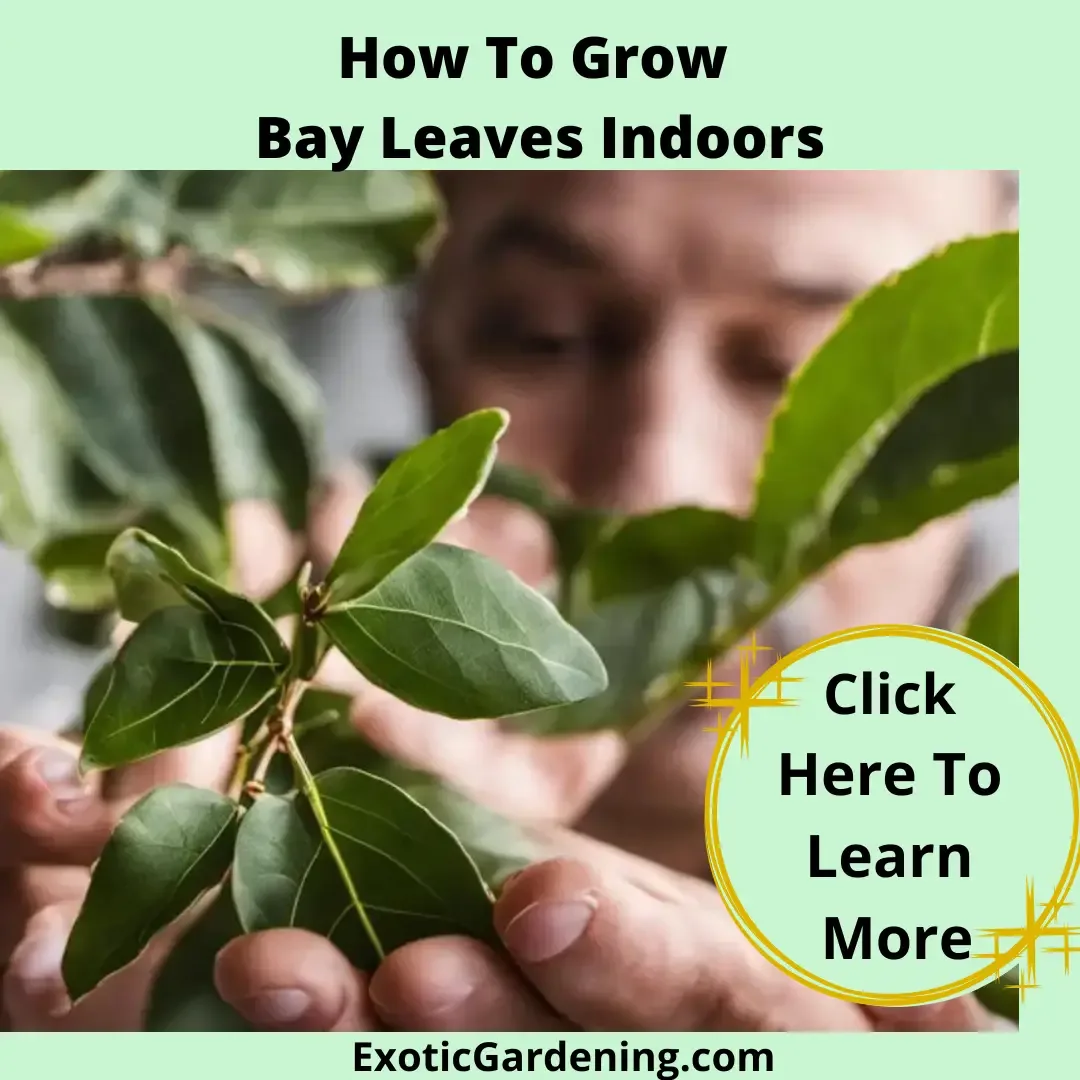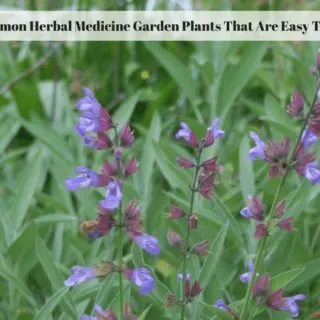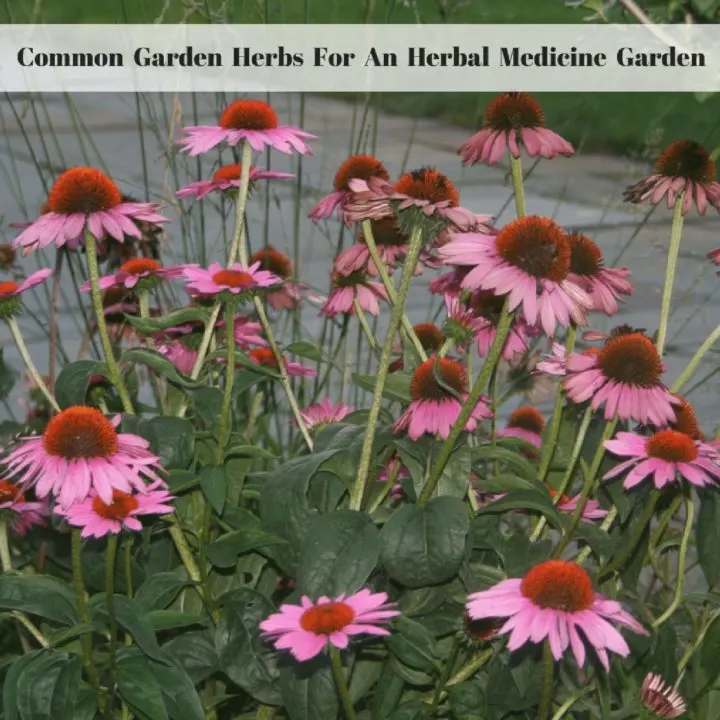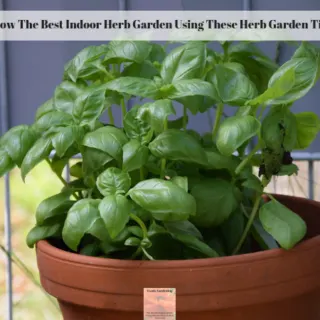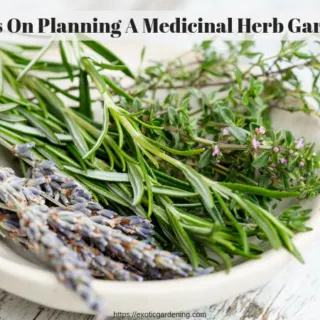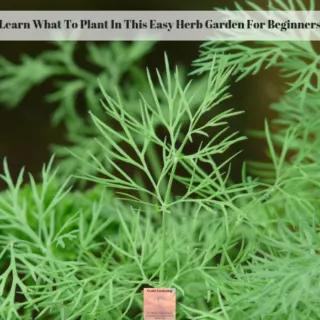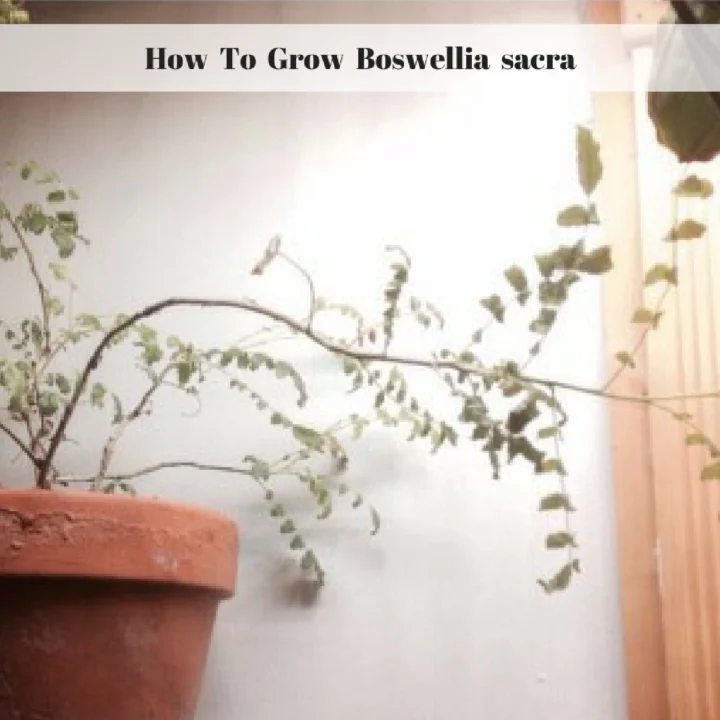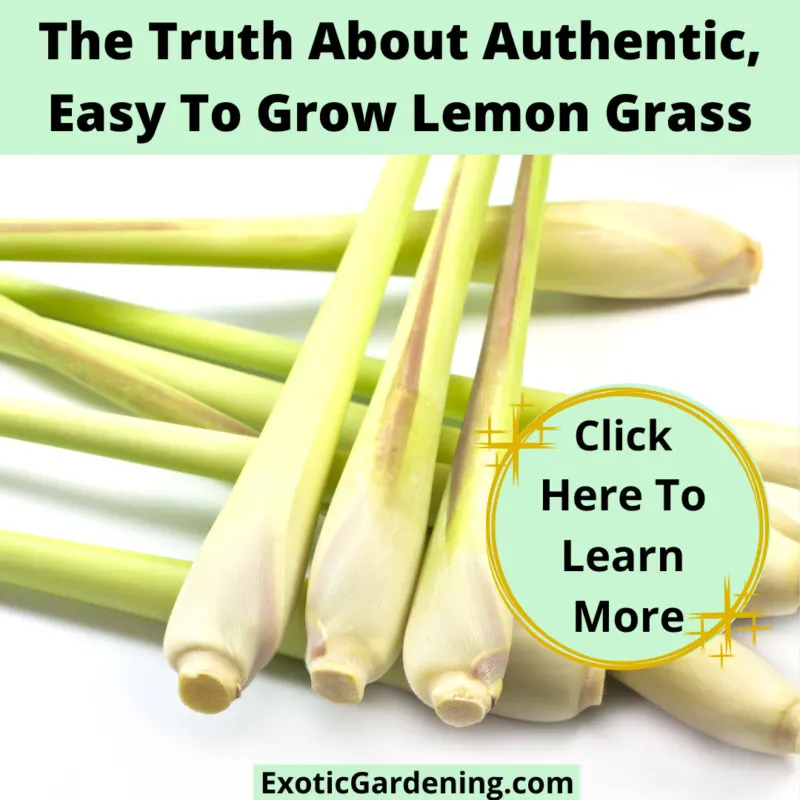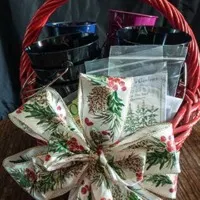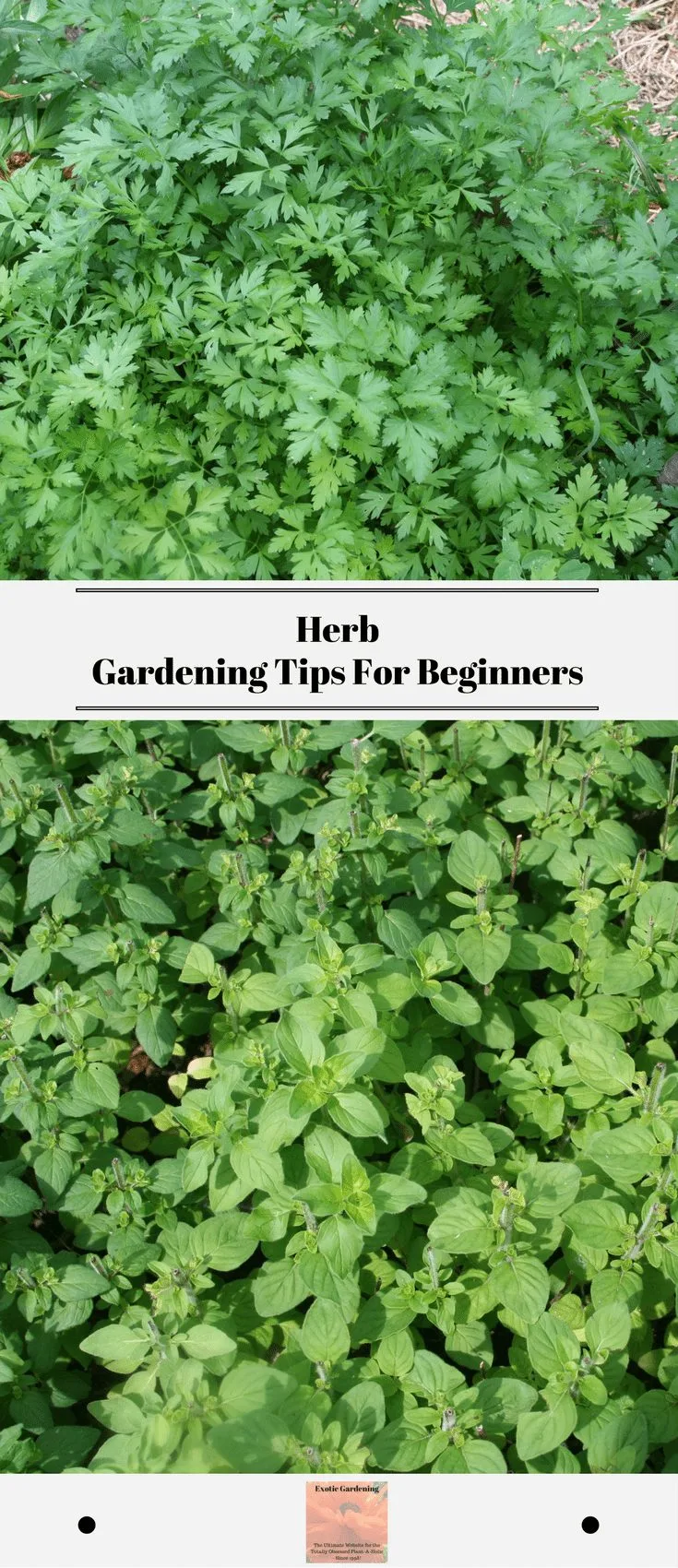These three easy herb gardening tips for beginners help you figure out where to begin the journey of growing your own fragrant, flavorful seasonings that are the perfect compliment to fruits and vegetables picked fresh from your own garden.
Why Grow Your Own Herbs
As you begin the journey to growing more of your own food, you acquire knowledge and skills to make informed decisions regarding how much of the food you use that you intend to grow.
If you are looking to take advantage of the opportunity to grow as much of your own food as possible, consider growing the herbs and spices you need to season the food you prepare.
Having fresh herbs on hand is a great way encourage yourself to cook more at home and experiment with different flavors.
Please note, there are links to products below that I recommend from companies I have a referral relationship with. If you click on a link and buy an item from that link, I get a small percentage of the money.
Choosing Your Herbs
When you decide to start an herb garden, the first thing you need to do is to choose the types of herbs to grow. Although you can choose any herbs you want, there are a few things to consider.
First, you want to think about the herbs that are easier to grow, such as basil, chives, dill, lavender and oregano. These herbs are good for beginners because they are simple to grow, even for people who think they have black thumbs.
Plan ahead and know which of these herbs you use - or plan to use - in your recipes. It is so easy to find yourself having difficulty about making decisions when you buy herb plants without a clear goal in mind. They smell so wonderful and it is easy to think "I always have room for just one more plant."
Instead of starting from seed - especially if you do not have a lot of experience germinating seeds, buy young plants. That way, you don't have to worry about getting the seeds to germinate or growing the seedling into a plant that is large enough to start harvesting.
Herbs that are usually available as young plants include sage, thyme, rosemary, basil, parsley and mint. Think about the herbs you use most in your cooking right now or plan to use, then start with those. I recommend choosing three to five different herb plants to start with. Learn how to successfully grow those and then expand your herb garden if you wish.
Preparing the Soil
It is important to have a plan of action on whether you want to grow the herbs you select in the ground or in containers. Both options work, so it really depends on the amount of space in your yard plus knowing what you want or need to easily care for and harvest the herbs you grow.
If you are going to plant them in the ground, you should make sure your soil is ready for planting. You want it to be dug and tilled, so that the soil isn't too compacted. You should have proper drainage in the soil as well. Compost is good to add to the soil to help your herbs grow. Be aware herbs do not need lots of fertilizer or super rich soil. Many herbs thrive in less-than-ideal conditions so don't over think this.
Herbs do like the soil they are growing in to be weed-free. Use compost, wood chips or some type of weed cloth to help keep the weeds down. Avoid chemical sprays because - after all - you are going to eat the leaves and flowers from these plants.
Be sure to remove any seed packets, garden markers or debris from the planting area before planting.
Consider Using Growing Herbs In Jars or Containers
Herbs do very well in containers. Many experienced herb gardens scatter herb seeds in a container and wait for them to germinate. This does work, but young plants are much easier to work with and grow faster. Beginning herb gardeners often find it is better to start with plants. This way there is no worrying about identification once germination occurs and also less disappointment should the seeds fail to germinate.
What you need is a good pot or container for keeping the herbs in, from a clay pot to a mason jar. If using a mason jar, make sure it has holes drilled in it for drainage. You do need a special drill bit for drilling glass, ceramic or clay pots. I recommend placing masking tape on the bottom of the container before you start to drill, then drill right through the masking tape. This helps keep the pot from splintering or shattering.
Once you have decided on the container and made sure it has adequate drainage, you need some organic potting soil to put in the container or pot. It is ok to add some organic herb fertilizer. Plants grown in pots have less access to the minerals and nutrients than plants grown in the ground. Every time you water, come of the nutrients in the soil in containers wash out. This is why it is so important to replenish those nutrients with compost or an organic fertilizer.
As long as you know the amount of sun that is required, you can grow container herbs right in your home, close to or on a window sill. This is a great way to grow herbs year-round or grow your own herbs if you live in an apartment or have limited access to an outdoor growing area.
Final Thoughts
Herbs are one of the easiest plants to grow in part because they are very low maintenance plants so instead of worrying about success you can enjoy the experience of learning how to grow them. They do not require rich soil. They do not require fertilization when grown in the ground and very little fertilization when grown in pots. Most herbs are drought-tolerant and easily handle hot summer temperatures once they are established. Best of all growing and harvesting your own herbs saves money because you no longer need to buy as many herbs at the store.
Herb Gardening
Herb Garden Tips For Beginners
From how to grow herbs to how to harvest herbs and everything in between, these herb garden tips give bite sized information ideal for beginners.
How To Grow Bay Leaves Indoors
Discover the secrets of successful gardening with our guide on how to grow bay leaves indoors. Cultivate your own aromatic herb garden!
14 Common Herbal Medicine Garden Plants That Are Easy To Grow
These fourteen common herbal medicine garden plants are easy to grow, indoors or outdoors. Common medicinal herbs often double as culinary herbs, so it is possible you are already growing some of these if you already grow an herb garden.
Common Garden Herbs For An Herbal Medicine Garden
Starting an herbal medicine garden is easy. Self-sufficiency and alternative healing options are just a couple reasons to grow a medicinal garden.
Citrus Theme Garden Tutorial
A citrus theme garden incorporates more than just fruit trees. Try citrus scented herbs, vibrant orange or yellow flower pots or even
Popular Medicinal Herbs St. Johns Wort, Ginseng and Gingko Biloba for Natural Health
St. Johns Wort, Ginkgo Biloba and Ginseng are popular medicinal herbs for natural health. Growing medicinal herbs is quite easy to do.
Grow The Best Indoor Herb Garden Using These Herb Garden Tips
Learn how to grow the best indoor herb garden ever by following these simple herb garden tips. It really is easy to grow and harvest herbs year round.
Tips On Planning A Medicinal Herb Garden
Check out these tips for planning a medicinal herb garden. Learn how to choose what herbs to get started with, how to choose the right site and more.
Learn What To Plant In This Easy Herb Garden For Beginners
Knowing what to plant makes creating an easy herb garden for beginners to tend much more enjoyable. Try these eight herbs.
How To Grow Boswellia sacra
Boswellia sacra is the plant frankincense tears comes from. Learn how to grow the Boswellia sacra plant and what the various uses for it are.
The Truth About Authentic, Easy To Grow Lemon Grass
Lemon grass is a versatile herb that is known for being used in cooking. It is easy to grow and the lemon scent just can't be beat.
Sheri Ann Richerson
Learn how to make three different herb garden gifts, step by step plus get some great tips on propagating herbs.
The three types of gift ideas include:
Herbal Mason Jar Trio
Trio Of Herbs In Small Clay Pots
Herbal Advent Calendar
The idea that steals the show is the herb garden Advent Caledar.
Besides making a great gift, the herb garden Advent Calendar is ideal for homeschool families!
Allow the children to plant either an herb plant or herb seeds in little buckets and then hang them in a window so they can watch the herbs grow through the winter months.
Each day in addition to planting an herb in the buckets, a lesson could be taught about the herb.
The supplies for the Advent Calendar are available at many dollar stores or this could even be a lesson in recylcing supplies you have on hand.
If you love herbs - or know someone who does - this is one eCourse you won't want to miss!
Use the buttons in the upper right hand corner to share this article with friends or family who might find it useful. Pin the picture below to your pinboard on Pinterest for future reference.

